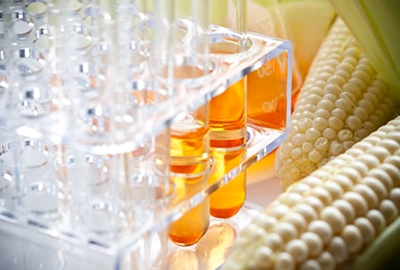Lessons Learned
Whenever a new technology, process, or program emerges, fraudsters are never far behind in finding ways to illegally profit. In this case, government-funded biofuel subsidy programs already have a lengthy history of fraudulent activity.
One does not need to look much farther than the Advanced Biofuels Association's website to find more than 100 cases of fraud. There is even a case where a Canadian company used railway cars to ship biofuels multiple times back and forth across the U.S. border. Each time the company illegally claimed the biofuel subsidy for the same shipment.
The overall design and controls over the U.S. subsidy program are not working well. Recent news stories report that the EPA will reduce ambitious biofuel targets for oil refiners that were set in 2007. Part of the reasoning behind the revised targets is that the biofuel industry is lagging in meeting them.
However, the EPA also has recognized that there are insufficient program controls over the $9 billion market in biofuel compliance credits, particularly a lack of transparency and the potential for manipulation. Fixes involve imposing stricter limits on a key program eligibility control — who can trade renewable identification numbers (RINs). RINs are the credits refiners use to prove they have satisfied the U.S. biofuel mandate.
Increased reliance on audit work to verify biofuel subsidies also is needed. Commendably, the biofuel industry is now taking steps toward self-policing and regulation. Small biodiesel producers, who comprise a large proportion of producers, have brought in an outside audit firm to authenticate fuel production in hopes of reducing the amount of fraud occurring in the RIN market.
This RIN integrity program offers a subscription service to biodiesel producers and buyers to verify that RINs come from biofuel plants that actually produce the alternative fuel. Among the control measures, producers must sign up for independent verification of their RINs and consent to a site visit by an outside auditor to verify the producer is capable of generating the biofuel it reports. Voltage monitors and camera surveillance techniques also are used to verify biofuel production. These results are published to a website where buyers can access information on the producer of prospective RINs.
These measures may help turn around the fraud problem. It is worth noting that Canada's Natural Resources department cancelled a similar biofuel subsidy program in 2017, citing some of the same fraud issues the U.S. has experienced. The department's assessment of the program may yield lessons that could help the U.S. program prevent further fraud, including:
- Risk: Programs should strengthen risk identification and mitigation regularly to assess emerging risk areas. In managing grants and subsidies, they should ensure that project-level risk assessments reflect changes attributable to the performance of those being subsidized.
- Program design: When designing a program in support of a nascent industry, where market determinants are difficult to predict and control, officials should build in and clearly communicate periodic checkpoints and opportunities to make corrections. Agreements to fund projects should be specific, precise, and supported by verifiable information. Program officials also should formally update performance frameworks.
- Program monitoring: Programs should customize their monitoring to the nature and type of organization that is being subsidized.



